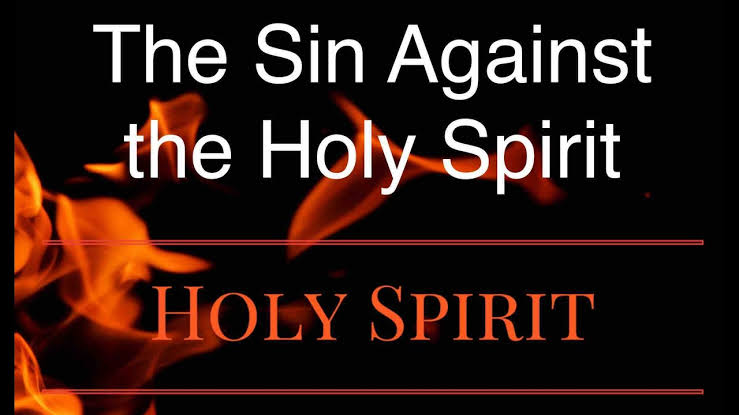Rev.
Fr. Emmanuel Emenike Onyia.
LORD,
LET THERE BE CALM IN OUR HEARTS CHALLENGED BY HEAVY STORMS IN LIFE
In these scriptures, we often hear stories of how people struggle with heavy
storms as they are assailed through the sea. Today our fisherman and the Marine men
who are into sea business can tell us better what it means to be on the sea
with heavy storms. A situation where the need to look for a Saviour is highly
expected. Such was the case with the disciples of Jesus in our Gospel passage
today. It is a story about the disciples' panic and fear of perishing as a
result of the heavy storm that is affecting their boat.
As
this heavy storm is about breaking their boat, the disciples cannot believe
that Jesus was asleep while they were afraid and needed help from anywhere. So
they went to him and woke him saying, ‘Teacher, do you not care if we perish?
And Jesus said: “Peace! Be still!!” And the Storm ceased and there was a great
calm. And he said to them, ‘Why are you afraid, how is it that you have no
faith? The men were astounded and said, ‘What kind of man is this? Even the
winds and the sea obey him.’
This
story signifies God's chosen people on a transit of faith, frightened by the
guilt of sin and wounded by the waves of the sea, the abode of evil forces and
monsters of this world. The boat can be taken as a symbol of the faith of the
Church and the people of God struggling with the world’s principalities and
powers, while the storms are symbols of heavy persecution and suffering by
the people of God. And Jesus is saying: why are you so afraid, you men of
little faith?
Dear
friends, there is no doubt that there is an active presence of evil in the
world which manifests itself in different forms. So every day is a struggle
against the malice of the evil ones, and people are doing everything they can
to overcome them. Today Jesus is inviting us into his boat of life, thereby
calling us to journey on this boat with an unwavering faith and a repented
heart, because the world is being tossed around by the waves of evil
forces, the enemies of humanity. And it is only God who can subdue it, for he
has promised to restore us to himself.
This
is exactly what we heard about David in
our first reading today, for after David had committed grave sins against Uriah
and God, prophet Nathan confronted him about this ugly situation. David felt
very remorseful about his actions and asked God for mercy. And this the Lord
granted him and promised to restore him and calm down the storms of
destruction in his household.
Therefore,
I don't know the great storms of doubt and fear in your soul. I don’t know if
you are under the power of the evil forces of this world. All I know is that
with great faith in God, the heavy storms in our lives will become calm. So,
why not present your challenges of life to Jesus, for he will surely rebuke the
violent storms in our hearts so that we can experience once again the calmness
of his peace and joy?
LET US
PRAY: Lord God. As we struggle every day to overcome the ugly situation around
us, grant that the violent storms and waves of sin and bondage in our lives, our families and the world, will end in
a wonderful calm that brings peace to our souls. We ask this through Christ our
Lord. Amen. Wishing you a fruitful and joyful weekend.
.jpeg)
.jpeg)
.jpeg)
.jpeg)






